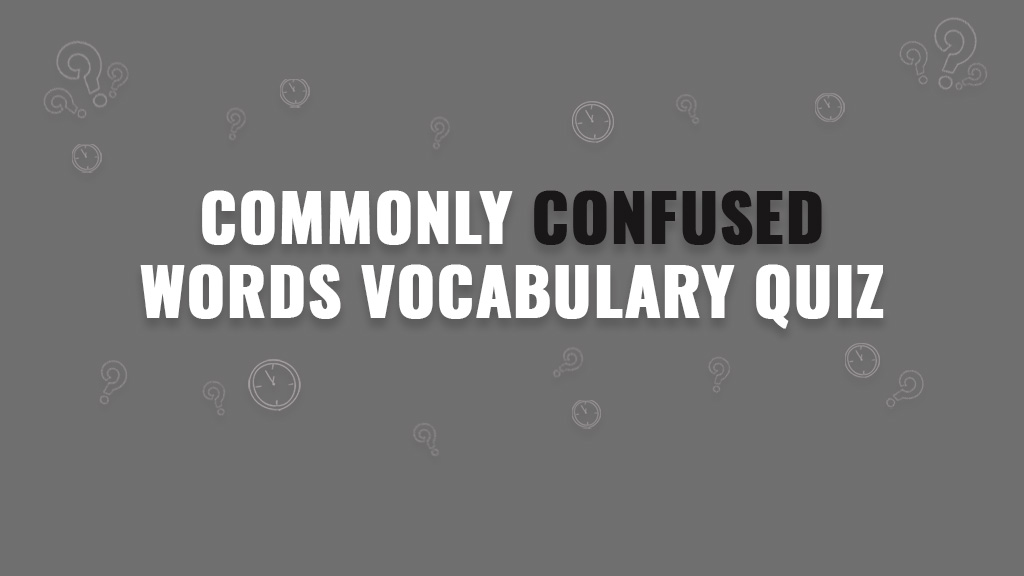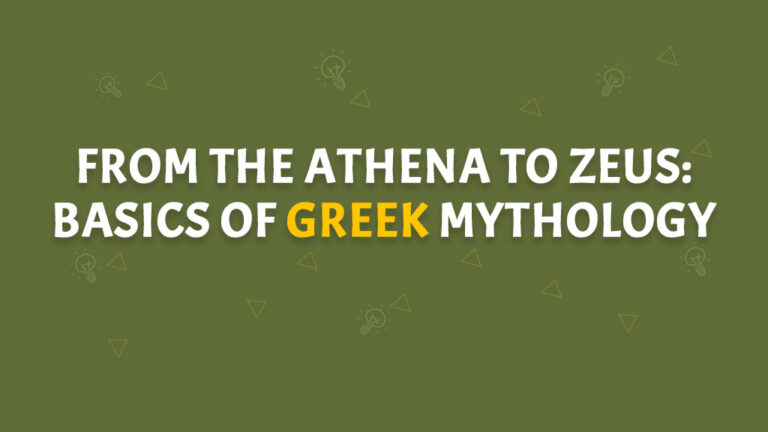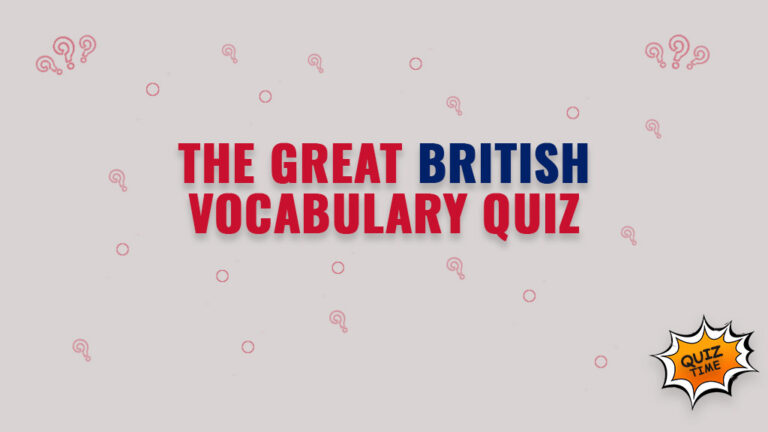❤️It's Trivia, but Sweeter❤️
Commonly Confused Words Vocabulary Quiz

Commonly confused words are a frequent challenge for language learners and even native speakers, as they may appear similar in spelling or pronunciation, yet differ significantly in meaning. In this content, we will explore some of the most commonly confused pairs of words, their proper usage, and how understanding their nuances can help improve writing and communication skills.
To begin, let’s look at words that describe mental acuity or sharpness. For example, “keen” refers to someone or something that is sharp, perceptive, or highly attuned to details. When you describe a “keen” interest in a subject, you’re indicating a strong enthusiasm or sharp focus on that particular area. On the other hand, the word “kin” refers to one’s relatives or family members, completely unrelated to the idea of sharpness or mental acuity. Meanwhile, “clean” is a term describing something free from dirt or impurities, which is entirely different from both “keen” and “kin.” These three words, although similar in sound, have distinct meanings and uses.
Next, when discussing something related to the sea, the word “marine” is often used. Marine refers to anything associated with the ocean, sea life, or ships. Whether it’s a marine biologist studying ocean ecosystems or a marine vessel navigating the waters, the term is used to describe the relationship with the sea. In contrast, “manner” refers to a way of doing something or a person’s behavior, while “main” refers to something that is primary or central. Though these words may seem similar, they belong to completely different contexts.
Moving on to formal language, the word “abdicate” is used when someone formally relinquishes a position of power or responsibility. For instance, when a monarch steps down from the throne, they may be said to “abdicate.” This is often used in a political or royal context. On the other hand, “advocate” means to support or speak in favor of something, and “aggravate” refers to making a situation worse or more serious. While “abdicate” involves a form of withdrawal, “advocate” and “aggravate” involve actions that influence or escalate a situation.
When discussing the necessity of something, the word “essential” is commonly used. This term denotes something that is absolutely necessary or indispensable, such as oxygen for survival or essential equipment for a task. On the contrary, “incidental” refers to something that is secondary or less important in comparison to the primary focus. “Accidental” involves something that happens unexpectedly or by chance, typically in a way that is unplanned or unintentional. Understanding the difference between these terms helps clarify the emphasis placed on what is necessary versus what is peripheral or unintended.
In terms of inactivity or lack of movement, “stationary” describes an object or person that is at rest or fixed in place. For example, a stationary bike is one that does not move forward, providing a way to exercise without changing position. “Sedentary” also refers to inactivity, but it usually pertains to a lifestyle characterized by a lack of physical activity, such as sitting or lying down for prolonged periods. “Satiate” means to satisfy hunger or desire fully, often to the point of excess, which is different from both “stationary” and “sedentary.” Each of these words has its own specific connotation related to motion or inactivity, emphasizing the importance of precision in language.
Another word pair that causes confusion is “contrite” and “contradict.” “Contrite” refers to a feeling of deep regret or remorse, often accompanied by a sense of guilt. When someone is “contrite,” they express sincere sorrow for their actions. “Contradict,” however, refers to saying the opposite of what someone else has stated or denying the truth of a statement. While both words may involve a form of disagreement or admission, “contrite” is linked to emotional regret, whereas “contradict” relates to verbal disagreement or conflict.
“Contract” and “contrast” are often confused due to their similar spelling, but they have distinct meanings. A “contract” is a formal written or spoken agreement, often legally binding, between two or more parties. When individuals or companies sign a contract, they are entering into a mutual agreement with set terms and obligations. “Contrast,” on the other hand, refers to the difference or distinction between two or more things. It is used when comparing qualities, attributes, or characteristics that are opposite or dissimilar.
When something is clear and easy to understand, the word “lucid” is commonly used. For instance, a lucid explanation is one that is straightforward and transparent, making it simple for others to follow. “Lurid,” however, is used to describe something that is shocking, sensational, or vividly graphic, often in a way that is unpleasant or inappropriate. “Liberal,” while related to a progressive political philosophy, does not share the meaning of “lucid” or “lurid.” The distinction between these words highlights the importance of choosing the right term based on context.
Finally, when describing something that is large in scale, the word “vast” is commonly employed. “Vast” refers to something immense or extensive, such as a vast ocean or a vast expanse of land. It conveys a sense of enormity and scale. On the other hand, “vastly” is an adverb that means “to a great extent,” often used to describe the degree of something. “Vain” refers to something that is self-centered or futile, often used to describe an action that yields no result or a person overly concerned with their own appearance or achievements. These words may share some similarities in sound but are used in very different ways.
By understanding the nuances between commonly confused words, speakers and writers can communicate more effectively and avoid common mistakes. Precision in language helps convey intended meanings clearly, ensuring that ideas are expressed accurately. Whether you’re writing a formal document or engaging in casual conversation, knowing the correct usage of words like “keen,” “marine,” “abdicate,” “essential,” and others will improve your fluency and understanding of the language.
In everyday communication, these distinctions become particularly important, as they contribute to clarity and avoid misunderstandings. Language is a tool for conveying thoughts, and when used correctly, it enables better connection and comprehension. By carefully choosing the right words and avoiding common errors, individuals can elevate their communication skills and avoid the confusion that often arises from mixing up words with similar sounds or spellings.
As language evolves, it’s essential to continue learning about the subtleties of word usage. With practice and awareness, the ability to distinguish between these commonly confused words becomes second nature. This knowledge not only enhances writing and speaking but also demonstrates an attention to detail that reflects well on the speaker or writer. So, the next time you encounter a tricky pair of words, take a moment to pause, reflect, and choose the right one for the situation. Your communication will be clearer, more effective, and more impactful.



